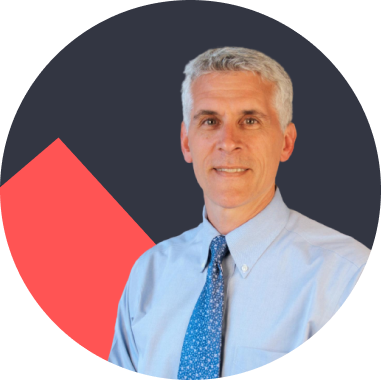Making the Journey More Enjoyable with
Dr. David Hatem

A Conversation with Dr. David Hatem
“I say to my students, “Oftentimes mentoring is thought of as being around a project, where the mentor teaches you a skill in research or something. In this mentoring relationship, that project is you.”
Bio
David Hatem, MD, is a Professor of Medicine at the University of Massachusetts Medical School in Worcester, Massachusetts. He completed his medical school at Tufts University in Boston, and his residency at the Michael Reese Hospital and Medical Center in Chicago. His early interests in faculty development and teaching the Medical interview evolved into applying the principles of the provider patient relationship to the student teacher relationship. He is the founding Co-Director of the Learning Communities program at the University of Massachusetts Medical School.
What is the secret to finding success in medicine?
“I’ve come to realize it’s an ever-evolving journey,” Dr. Hatem began. “And for me, the secret is looking at what it is that you’re doing and asking the question, ‘Is this giving me meaning and what I want to do?’ I think that medicine is one of those fields where we have the incredible privilege of doing work of meaning every day. And yet I think many people will say burnout is being fueled by a lot of the mundane administrative things such as electronic health records.”
“And the reality is things like electronic health records are tools to help us generate better care, but that journey of learning it and that investment to learn it well feels like it takes people in a different direction than where they want to be going.”
What do great physicians always do in a patient encounter?
Good listening is at the top of Dr. Hatem’s list. “When we start to hear patients speak and they repeat the same concern over and over, that to me is a clue that we need to get the story of why they keep bringing this up. Because if I figured out what I think is wrong and they keep telling me something different, there’s something more to explore.”
One of the practices Dr. Hatem frequently performs with his patients is to sit with them for a minute or two and do a couple of things. First, he listens. Then, he works with the patient to set an agenda. For Dr. Hatem, the human connection is critical. The better he knows his patients, the better care he will be able to provide.
What are some tips you can give to mentees who want to build better relationships with their mentors?
One of the major points Dr. Hatem makes to his students is to encourage them to ask for help. He acknowledges this is difficult, because when they are going through medical school it is easy to feel like they are the only ones who are struggling. But this is not the case.
“In the old model of medical education there’s 10% of a class that is so outstanding. They get a lot of attention and develop relationships with a lot of people, because they do incredible work. And there’s 10% who struggle, and they get a lot of attention because they’re obviously struggling. But then there’s that middle percentage of people who get through it, but we previously had no idea of what their journey was like.”
The more Dr. Hatem has listened to students, in particular the middle 80%, the more he has discovered that medical school was a traumatic experience for many. But by opening up on their struggles and having a willingness to discuss, stronger relationships can be established and personal burnout reduced.
What are some of the key traits and behaviors of the most successful students in residence?
“I would say the most successful medical students that I’ve had are people who bring themselves and their interests to school in ways that allow them to integrate their personal and professional activities.”
Dr. Hatem shares an example of two students who approached him when they were entering into medical school and were fearful they might “lose themselves” in the process and were concerned for their personal wellbeing. This led Dr. Hatem to establish an ongoing relationship with them where he checks up on how they are doing. And this has even led to launching a wellness elective program for third year students called Preparing Resilient and Empathic Physicians. This program focuses on building resilience in students so that they are better equipped for the unique challenges that lie ahead in their profession.
What is one thing you wish you knew when you started medical school?
“I think the most important lesson is that there’s room for you as a person to develop your interests and yourself alongside your clinical knowledge, as opposed to gaining knowledge and then focusing on yourself.”
Dr. Hatem soberly remarked, “I don’t think anybody prepared me for that idea that it would be so challenging personally.” He wishes that he would have realized how challenging all of the expectations would be.
However, because of the obstacles he has overcome in the past, Dr. Hatem does what he can to make medical school and easier experience for younger students. As he points out, “It’s not like support makes you have to work less hard, but hopefully it makes the journey more enjoyable.”
Pearls of Wisdom
- Finding meaning in the work you do is the antidote to burnout. So ask yourself: Is the work you are doing giving meaning?
- Approach mentorship with the perspective of self. This path is a project of self, and we are the subject. And in order to be successful, we have to be open about our difficulties.
- Figure out what you’re good at, what you’re passionate about, and what your institution needs: Merge these together, and you could develop something that becomes a legacy.
